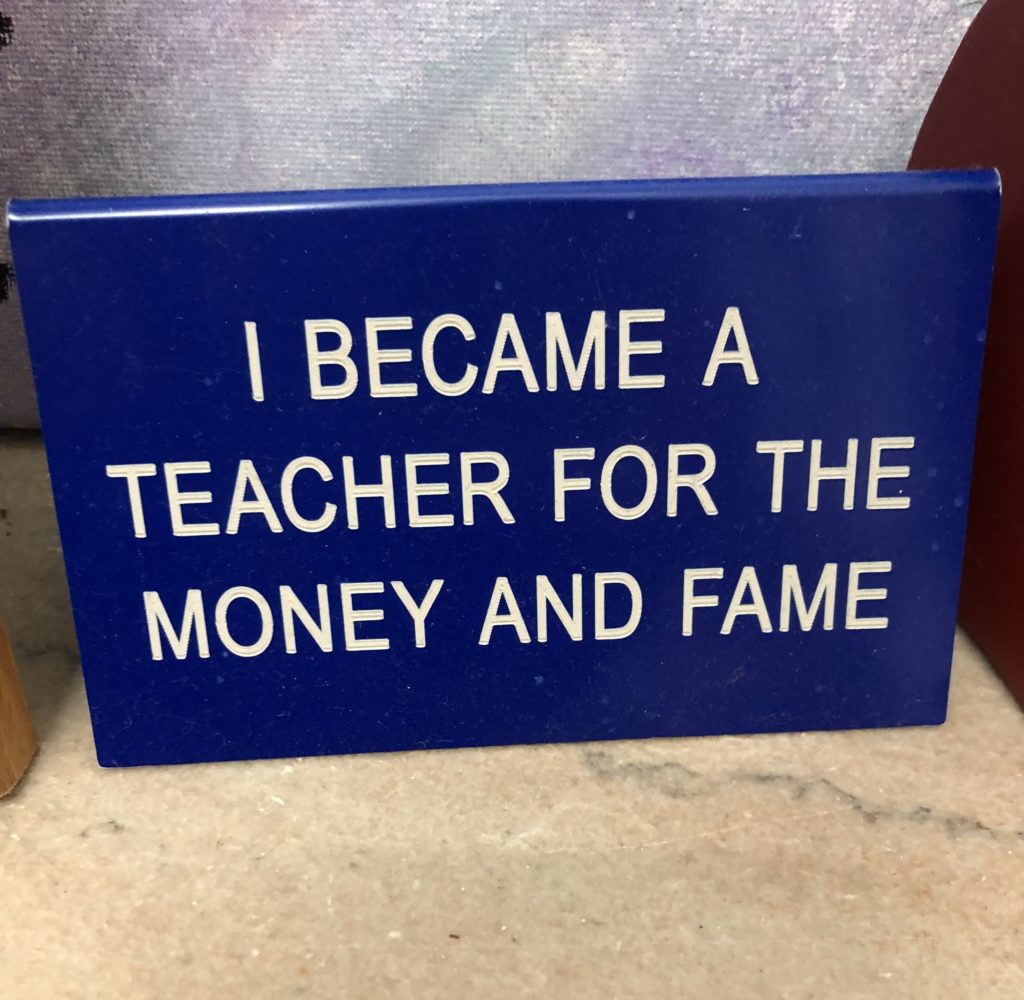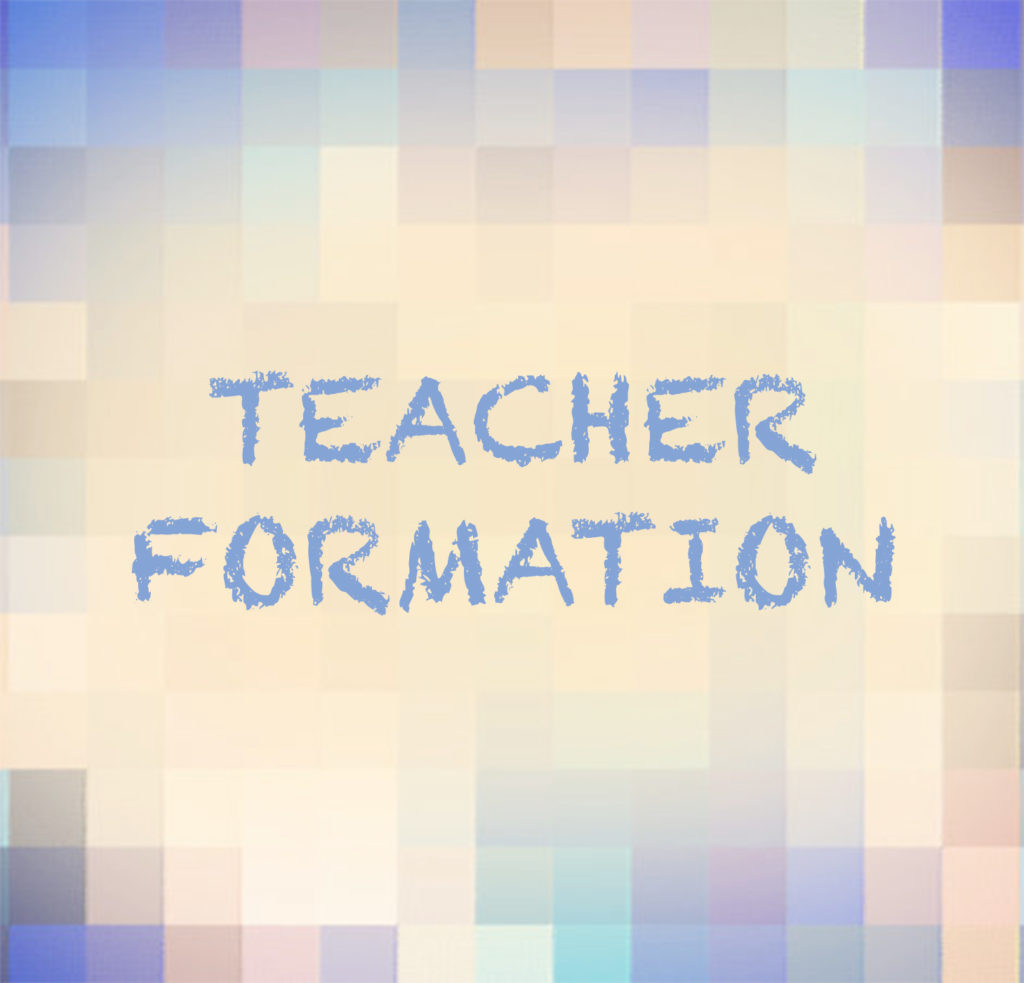When the Governor of my home state closed schools for three weeks back in the middle of March, I remember thinking that seemed like such a long time! I could not have imagined that we would stay home the rest of the school year, nor that many schools would not be reopening for face-to-face instruction this Fall. As hard as it has been as a parent and for my children, I know it has been just as difficult for teachers.
For those teachers returning to school this month, whether in physical buildings or virtual classrooms, a lot will be different than in the past. The excitement of a new school year is dampened by the anxiety of having to adhere to safety protocols or the challenge to engage students online. Either way, teachers will have to be more resilient than ever.
How can teachers return to this uncertain school year with resilience? How can they build resilience in themselves and in their students? It may come down to taking stock of where we are and learning to focus on what is within our control.
Teachers (and students) have experienced a lot of stress and anxiety over the past several months. It’s important to acknowledge those feelings and recognize ways that you have coped with negative emotions successfully in the past. Give yourself a pat on the back for all that you have managed to deal with and practice cultivating gratitude for bright spots amidst the darkness. While this time has been tough, I am thankful that my family has remained healthy and safe and that we have found small ways to appreciate extended time together at home, for example.
Next, it can be super helpful to make a list of current worries or concerns. I find that getting this list down on paper helps take it out of the constant loop in my brain so that I can stop fixating on those things I am worried about. Then I go through my list and draw a small cross next to all of the things I am worried about that I cannot actually control. This becomes my prayer list. To summarize Phillipians 4:6-7, “Pray about everything, Worry about nothing.”
The remaining items on my list of worries are the things that I can control, at least somewhat. I visualize these as knobs on an imaginary control panel, and I try to think of concrete steps I can take to resolve these concerns. Taking action beats worrying, every time.
Taking positive actions also means practicing self-care. Of course, no amount of exercise, sleep, meditation, or proper nutrition will fix a pandemic or make up for the very real trauma experienced as a result of COVID-19, systemic racism, or lack of resources and support in challenging teaching and learning environments. But being resilient means that we continue to take small actions that we can control in order to remain optimistic about larger things we may not be able to control.
Whatever this beginning of the school year may look like for you, I encourage you to control what you can and pray about what you cannot as you practice resilience in the face of challenges. In the words of my favorite poster I used to have hanging in my classroom, “Do your best, and let God do the rest.”

